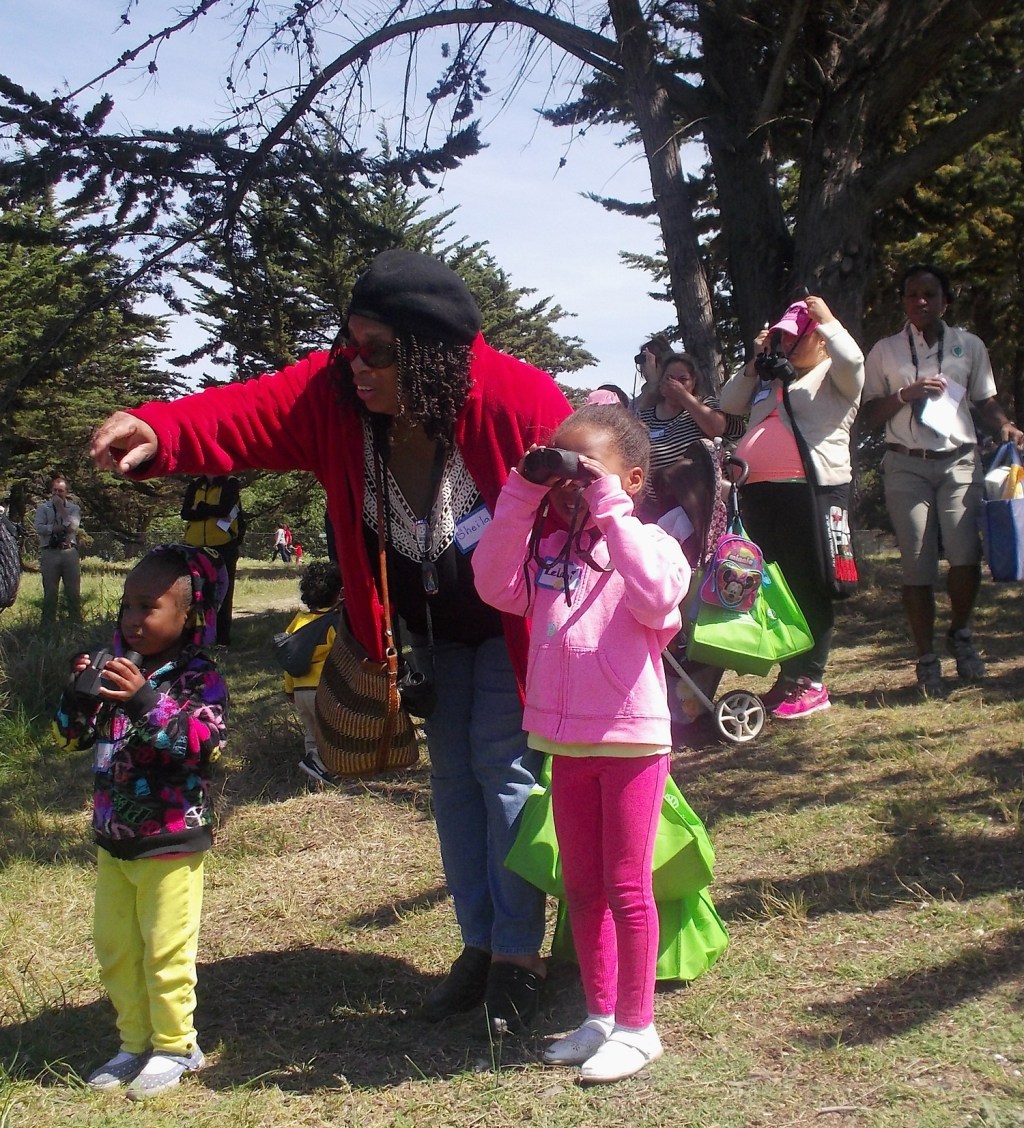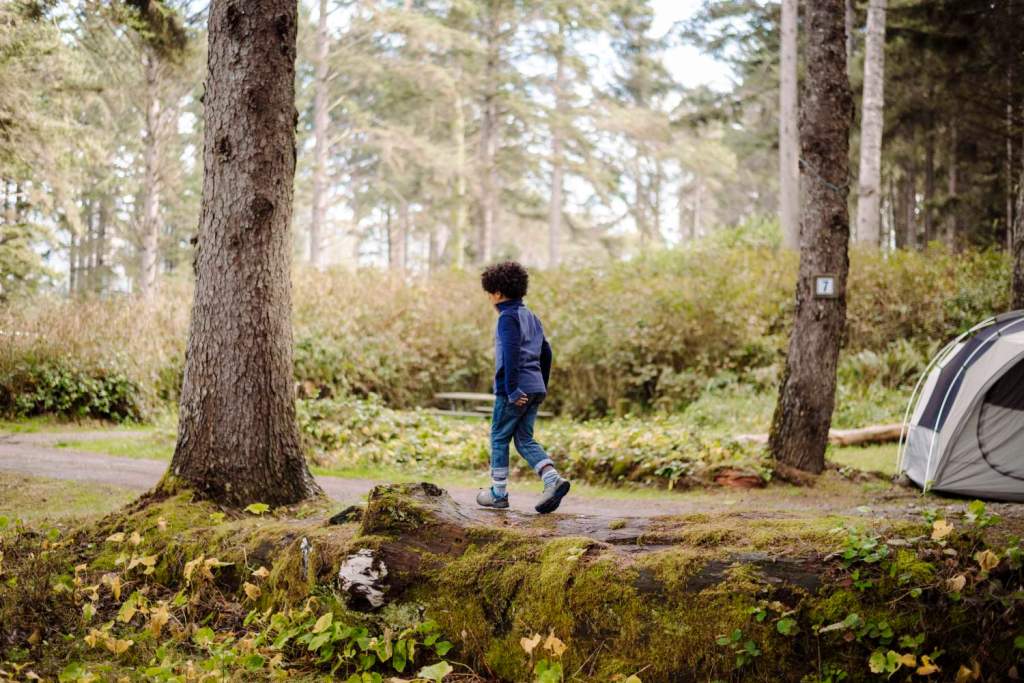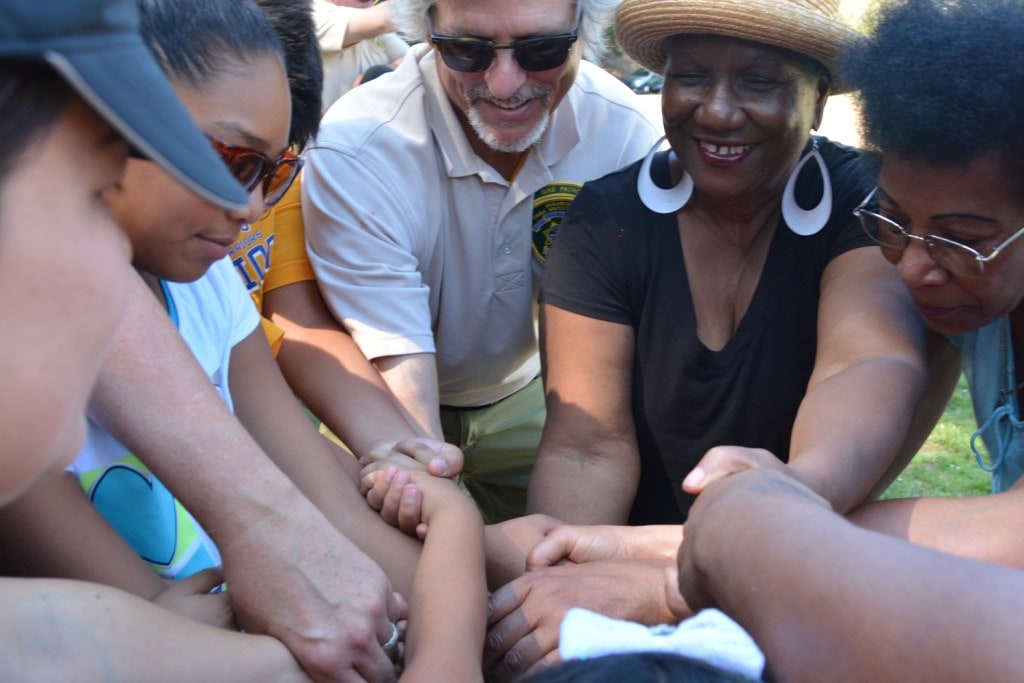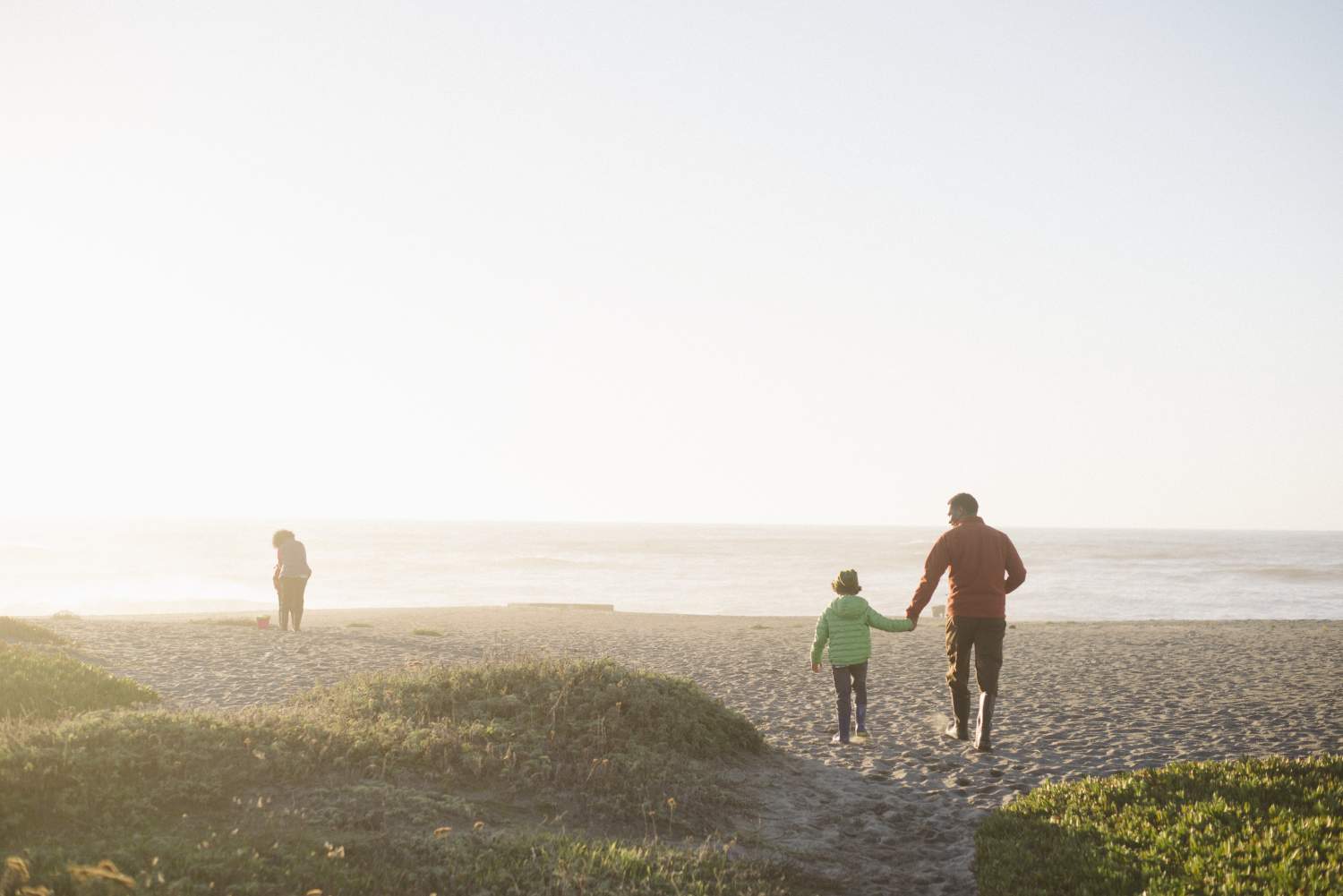Editor’s note: Below is an essay by Dr. Nooshin Razani at UCSF Benioff Children’s Hospital in Oakland, California. Her research, which REI Foundation has supported, looks at nature’s impact on children’s health and development, especially in low-income communities.
Nature is Nurturing
Ten years ago, after I became a parent, I dedicated my medical career on children and nature. As I watched the power of nature in my children’s lives, I understood the power it has in my own well-being and felt an urgency in ensuring that all children have access to it.
On a personal level, nature is the common ground for my two worlds and one of my deepest relationships. I am a first generation Iranian-American, born and raised in Los Angeles, with several of my preschool years and many summers spent in Iran. Both cultures were full of nature and play with beautiful, loud, optimistic and loving people–from cousins on picnics in the mountains of Iran to vibrant friends at the beach in Los Angeles. These early experiences provided a reservoir, a relationship with nature, that has helped sustain me through life’s inherent traumas.
I work with pediatricians at the UCSF Benioff Children’s Hospital Oakland, where I’m thrilled that prescribing nature has become an integral part of clinical treatment since 2012. When we prescribe nature, we enroll families in a monthly nature shuttle. Designed in collaboration with the East Bay Regional Parks District, and through the generous support of community partners such as the East Bay Regional Parks District Foundation, National Recreation Parks Administration, and the REI Foundation, our program has allowed doctors, naturalists, and patients to join each other in more than 30 outings from the clinic into nature. We have hiked, fished, sung songs around a campfire and explored tide pools–all for health. Through the process, we have created some of the first-ever validated protocols for physicians and health systems to integrate nature-based interventions into practice, and recently completed the first randomized trial of a park prescription program.

Children’s Hospital Oakland family nature outing at Crab Cove East Bay Regional Park.
While we gathered the data, we also heard the stories. We heard about social isolation in modern life, feelings of exclusion that come with inequity, trauma associated with poverty, and a true need for healing.
Nature is Inclusive
At my hospital we serve a diverse group of patients who reflect our community; there are more than 58 languages spoken, many special-needs populations, and a large portion of families facing poverty. As someone who grew up straddling two different cultures, I know something of what my patients go through. At times it is very painful for me to have my two worlds separated and misunderstood by each other. But nature—the ocean, moon and sky—keeps me grounded as it always has, and gives me the strength to know I belong. This is what I seek for others as well.

Nature is inclusive—we all belong there. I recommend nature to patients such as the four-year-old girl I recently took care of who immigrated to Oakland to escape war. While nature won’t fix everything the child faces, she and her family deserve to know about the support outdoor spaces can provide, and that they are welcome in public lands.
Nature is about Support and Community

Children’s Hospital Oakland family nature outing at Temescal East Bay Regional Park.
Nature heals trauma by giving us a chance to be together outside. During our clinical nature outings, parents of diverse backgrounds often create friendships as their children play. They can relax, relieve their stress, and feel their own stress relieved. The friendships created outdoors that then sustain an ongoing and independent commitment to health.
The support and community found in a life outdoors creates well-being. It did for me in my life, and does for my patients. This is why I encourage my patients to be outdoors and why Children’s Hospital Oakland proudly joins you to #OptOutside.
